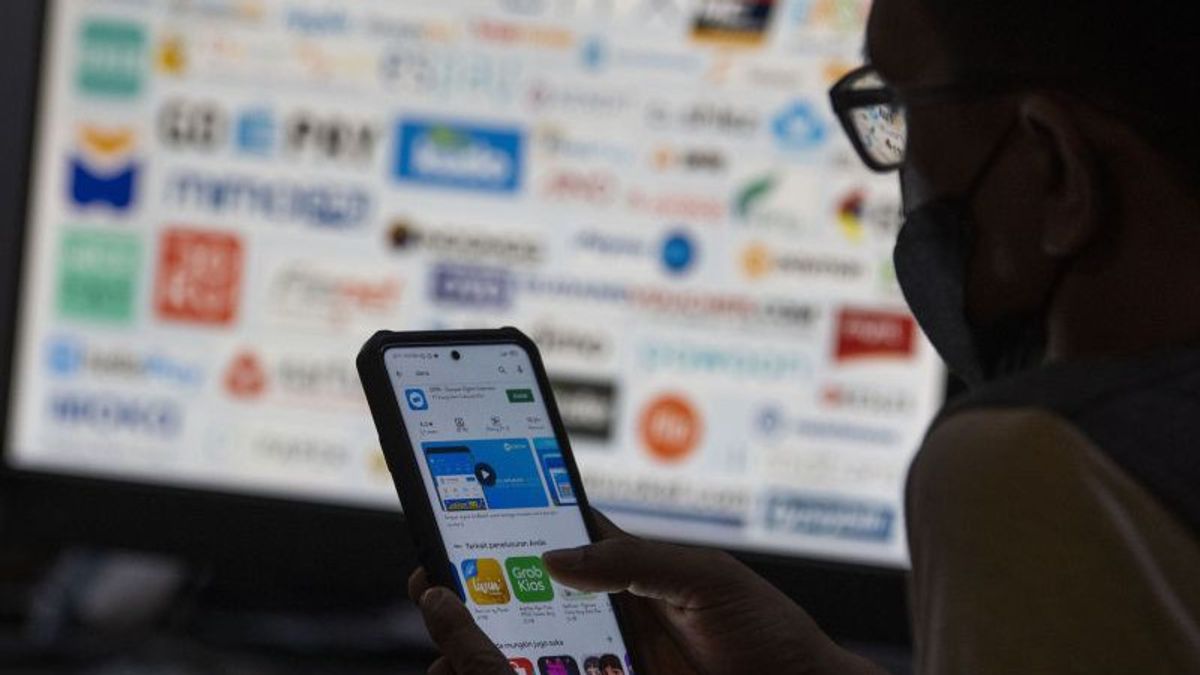JAKARTA - The e-Conomy SEA 2022 report projects that Indonesia's digital economy will reach a Gross Merchandise Value (GMV) of US$77 billion by the end of 2022.
"Indonesia has the second fastest growing e-commerce sector (after Vietnam) but apart from GMV there are many dimensions of growth that must now be focused on", said Google Indonesia Managing Director, Randy Jusuf, in an online discussion quoted by Antara, Tuesday, November 8.
Randy added, to drive short-term growth, businesses are now more focused on achieving profitability by cutting costs and optimizing operations.
By 2025, the digital economy is projected to reach 130 billion US dollars, growing at a Compound Annual Growth Rate (CAGR) of 19 percent, and by 2030 it is expected to grow more than three times in the range of 220 to 360 billion US dollars.
In Indonesia, e-commerce, transportation, and food delivery are the top three digital services with almost even usage rates among urban digital users.
The e-commerce sector continues to drive the digital economy and its value is expected to reach 59 billion US dollars by 2022. Although offline shopping activity is now starting to revive, the e-commerce sector accounts for 77 percent of the overall digital economy.
SEE ALSO:
Transport and food delivery are projected to reach GMV 8 billion US dollars by 2022 and continue to grow at a CAGR of 22 percent to GMV 15 billion US dollars by 2025. While online travel has returned with 60 percent year-on-year growth (year on year/YoY) to reach US$3 billion by 2022.
Then for digital financial services to grow due to the shift in offline-to-online behavior post-pandemic. In 2022, the Gross Total Value (GTV) of digital payments in Indonesia is estimated to reach US$266 billion and continue to grow by 17 percent to reach a GTV of US$421 billion by 2025.
"After years of acceleration, the growth in the use of digital technology has now returned to normal, with the wealthy and technology-savvy youth in urban areas becoming the largest users of digital services", said Randy.
The majority of digital players, he continued, shifted their priority from acquiring new customers to creating deeper engagement with existing customers.
The e-Conomy SEA report is a multi-annual report that combines data from Google Trends, data from Temasek, and analysis from Bain & Company, while also combining information from various industry sources and interviews with experts, highlighting the digital economy of six countries in Asia. Southeast, namely Indonesia, Vietnam, Malaysia, Thailand, Singapore, and the Philippines.
The English, Chinese, Japanese, Arabic, and French versions are automatically generated by the AI. So there may still be inaccuracies in translating, please always see Indonesian as our main language. (system supported by DigitalSiber.id)

















